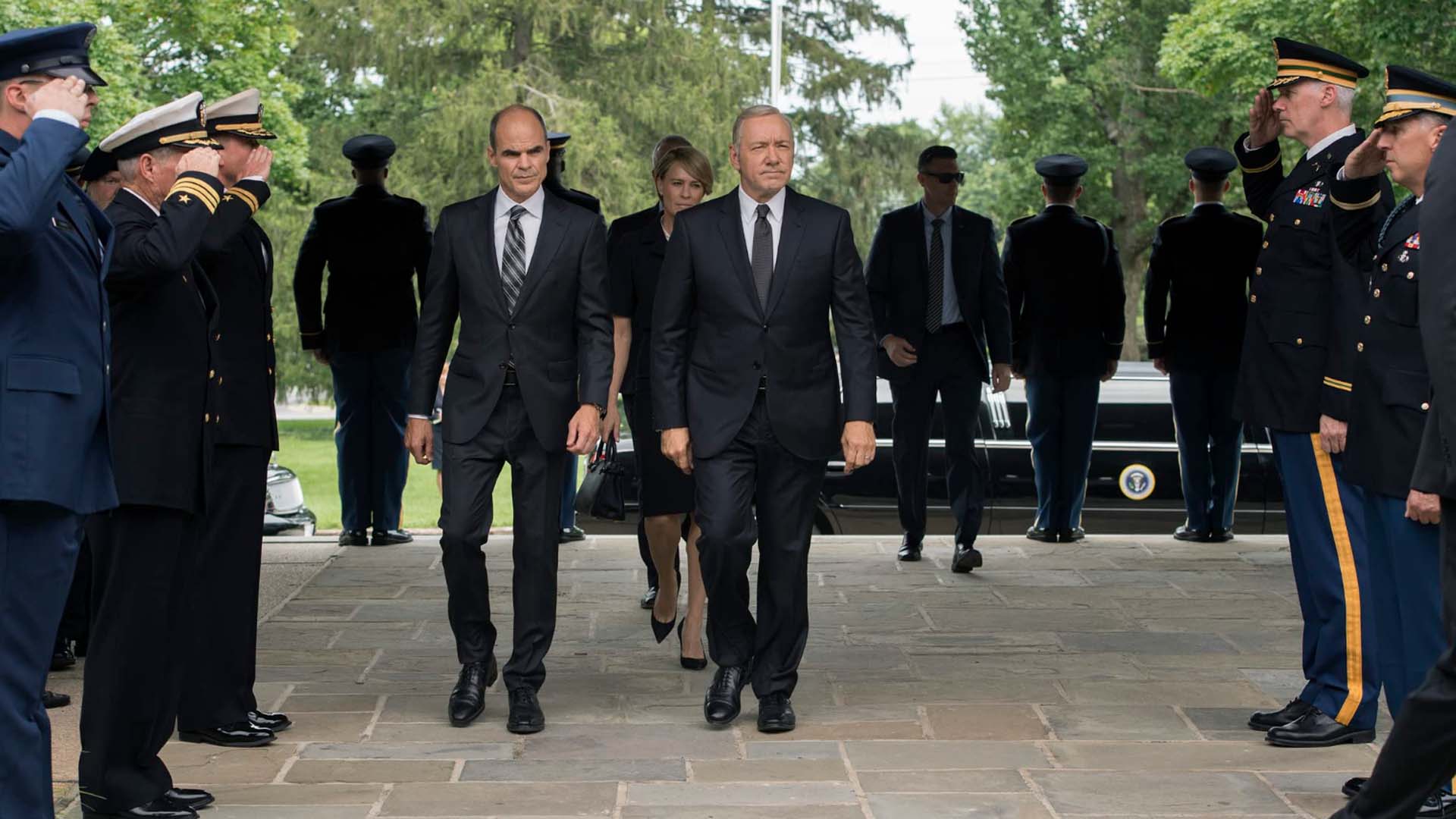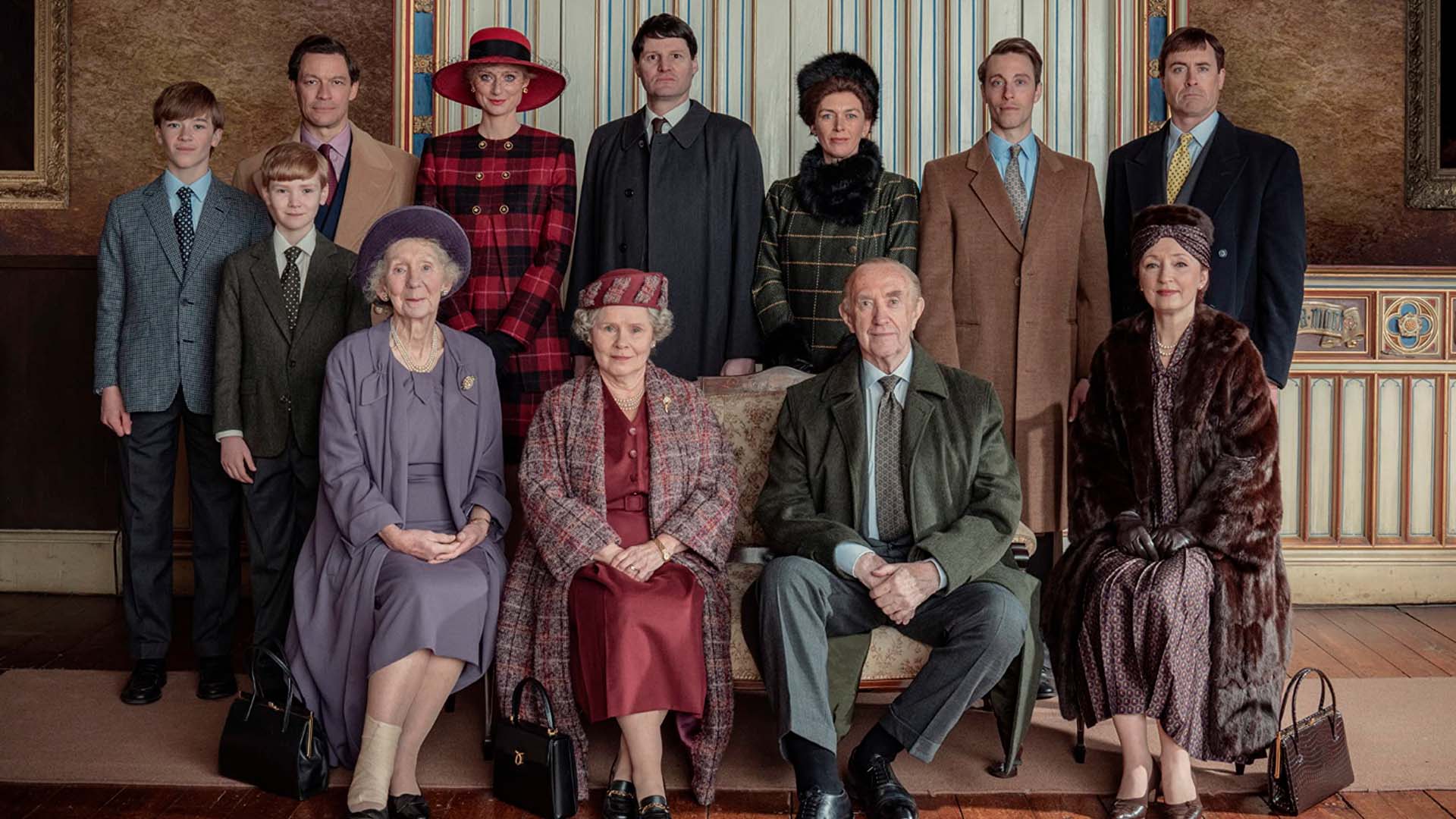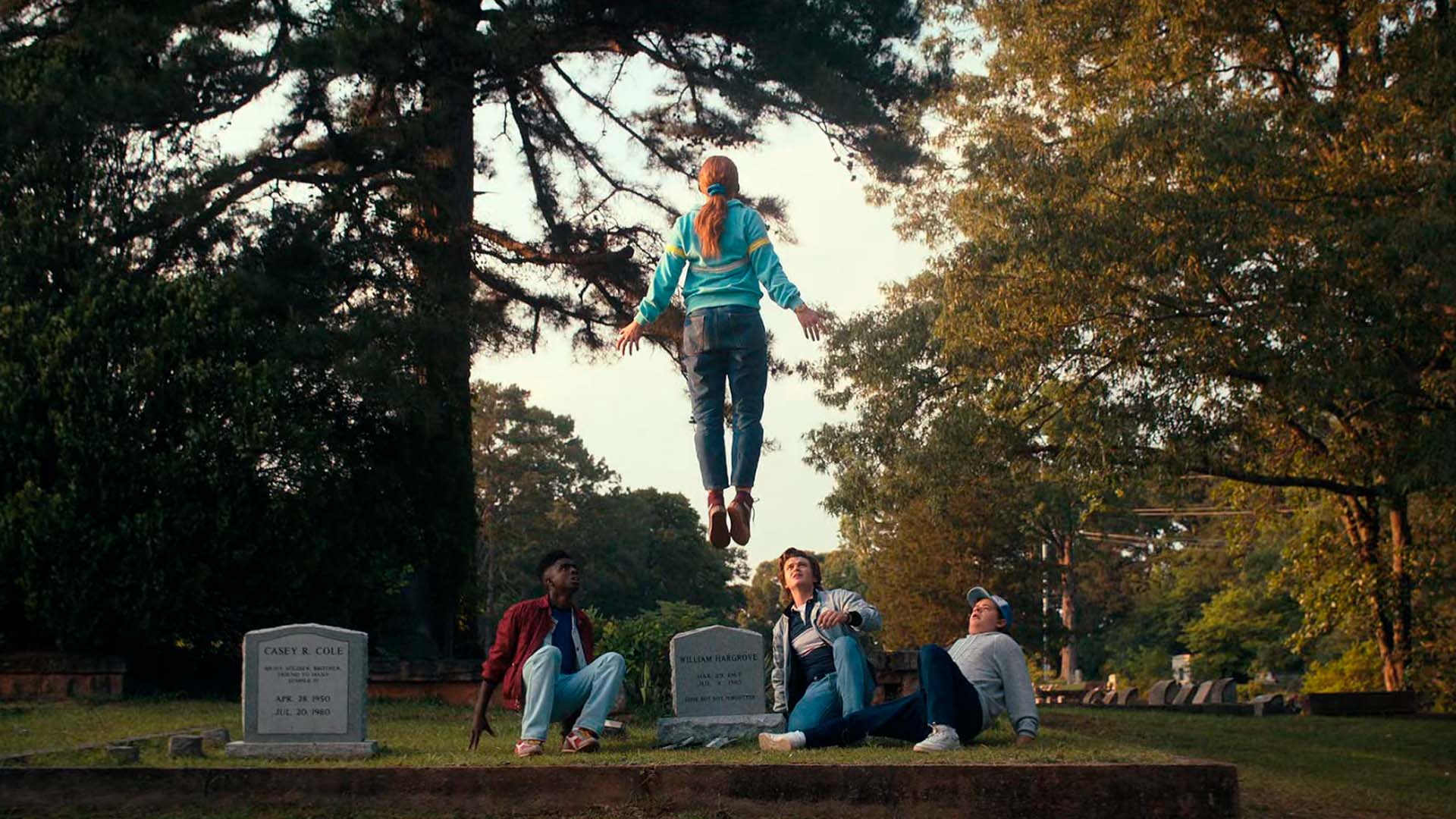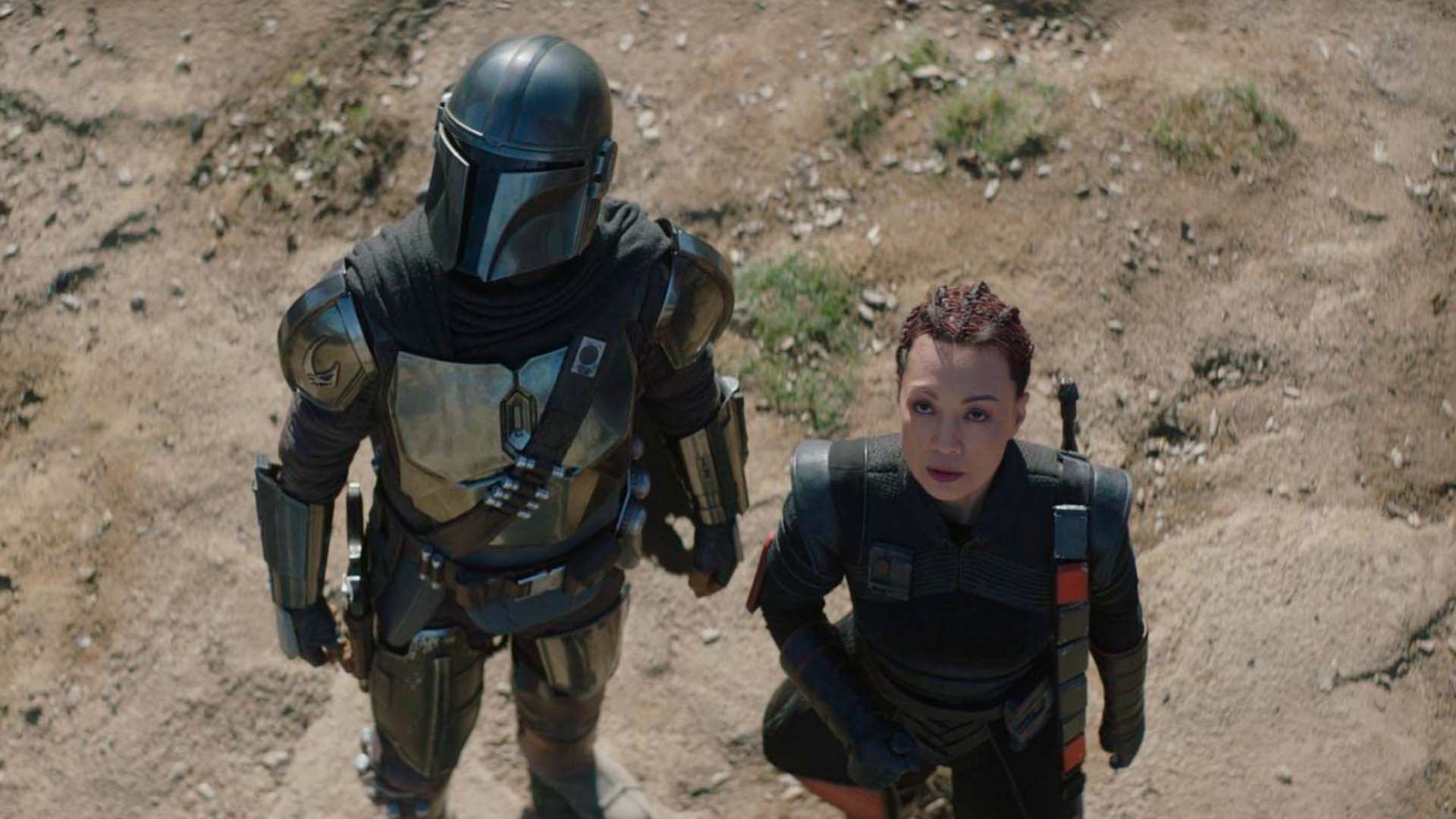The streaming evolution: Adapting film budgeting to new media
As the entertainment landscape continues to evolve, the advent of streaming platforms has revolutionized the film industry. Film budgeting, an integral part of any production, has also undergone significant changes in this streaming era.


This article aims to demystify film budgeting in the age of streaming platforms and provide valuable insights on navigating challenges and maximizing opportunities.
Overview of streaming platforms and the film industry
Streaming platforms like Netflix, Amazon Prime, Disney+, and Hulu have significantly reshaped the film industry. Traditional theatrical distribution has given way to direct-to-consumer streaming services, altering revenue models and changing how filmmakers plan and budget their productions. An example is "The Irishman" (2019), a Martin Scorsese film produced by Netflix, whose colossal budget was primarily financed by the streaming giant.

The impact of streaming platforms on film budgeting
Streaming platforms have brought profound changes to film budgeting. Traditionally, budgets were drafted with considerations for theatrical release, physical distribution, and potential box office earnings. Now, filmmakers must consider digital distribution strategies, subscription-based revenue models, and the global reach of streaming platforms. The production budget for "House of Cards", one of the first major Netflix Originals, had to account for these factors.

Challenges and opportunities in film budgeting for streaming platforms
Film budgeting for streaming platforms presents unique challenges and opportunities. Challenges include predicting audience reach, considering the global nature of streaming services, and understanding different revenue models. Opportunities lie in the potential for wider distribution, reduced physical production costs, and long-term earning potential via subscriptions. Netflix's gamble on "The Crown", with its extravagant budget, reflects these challenges and opportunities.

Strategies for effective film budgeting in the streaming age
Adopting specific strategies can help optimize film budgeting for streaming platforms. Firstly, understanding the target audience and the platform's user base can inform budget decisions. Secondly, cost management becomes crucial, considering the long-term subscription-based revenue models. Thirdly, filmmakers should consider potential partnerships or co-productions to distribute costs, as seen in the joint venture between Netflix and BBC for "Dracula" (2020).

Case studies: Successful film budgeting for streaming platforms
Several films and series illustrate successful budgeting for streaming platforms. "Stranger Things", a Netflix original, demonstrated strategic budgeting by delivering high production value while maintaining cost-efficiency.

Similarly, "The Mandalorian" on Disney+ leveraged Disney's resources and integrated synergies from its Star Wars franchise to optimize its budget.

Here are some examples of film budgets for the movies produced by streaming platforms:
- "The Irishman" (2019) - Produced by Netflix, this film had a staggering budget of approximately $159 million, one of the highest for the streaming giant. This Martin Scorsese epic needed extensive digital de-aging effects on its stars, which significantly drove up the cost.
- "6 Underground" (2019) - Another high-profile Netflix production, this action film directed by Michael Bay, had a budget reported to be around $150 million.
- "Bright" (2017) - This Netflix original, a blend of fantasy and police procedural, had a budget of around $90 million. The film starred Will Smith and was one of the earliest indications of Netflix's intentions to produce blockbuster-scale films.
- "The Morning Show" (2019) - An Apple TV+ series, it reportedly cost $15 million per episode, totaling a whopping $150 million for the first season itself. The high-profile cast and the quality of production justified the price tag.
- "Carnival Row" (2019) - An Amazon Prime Video fantasy series featuring high-profile stars like Orlando Bloom and Cara Delevingne, had an estimated budget of over $70 million for the first season.
Please note that these numbers are reported estimates, as exact budget details are often kept confidential by the production companies and streaming platforms.
Conclusion
Film budgeting in the age of streaming platforms is a complex but rewarding process. As filmmakers continue to navigate this landscape, understanding the nuances of streaming platforms will be crucial. Challenges will persist, but the opportunities are vast. By adapting strategies and staying flexible, filmmakers can successfully plan and execute budgets that support their creative vision and ensure financial viability. In the end, the rise of streaming platforms could be seen as a new act in the ongoing drama of film budgeting, one that is replete with possibilities and potential for the global film industry.
As we continue to navigate this brave new world of streaming platforms, tools like Filmustage can offer invaluable assistance. Filmustage's dynamic features are designed to support the modern filmmaker in the age of streaming, assisting in the budgeting, script breakdown, and overall film production management. By simplifying these complex processes, it can contribute to cost-effective strategies and better financial planning, making it an essential companion for filmmakers working in today's rapidly evolving industry. As we look towards the future of film, it's exciting to envision how technology like Filmustage will continue to shape our approach to film budgeting and production.
From Breakdown to Budget in Clicks
Save time, cut costs, and let Filmustage’s AI handle the heavy lifting — all in a single day.